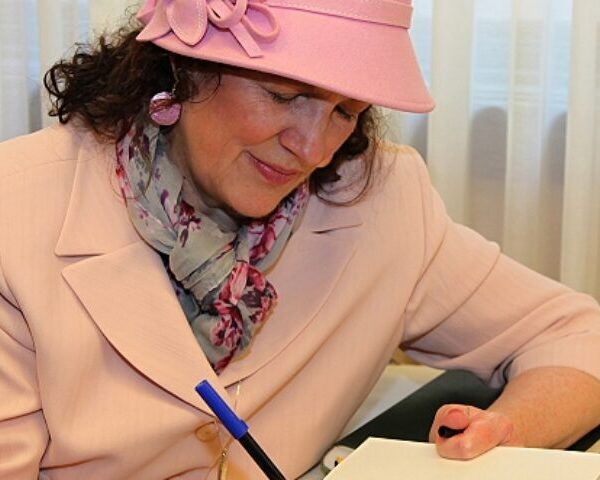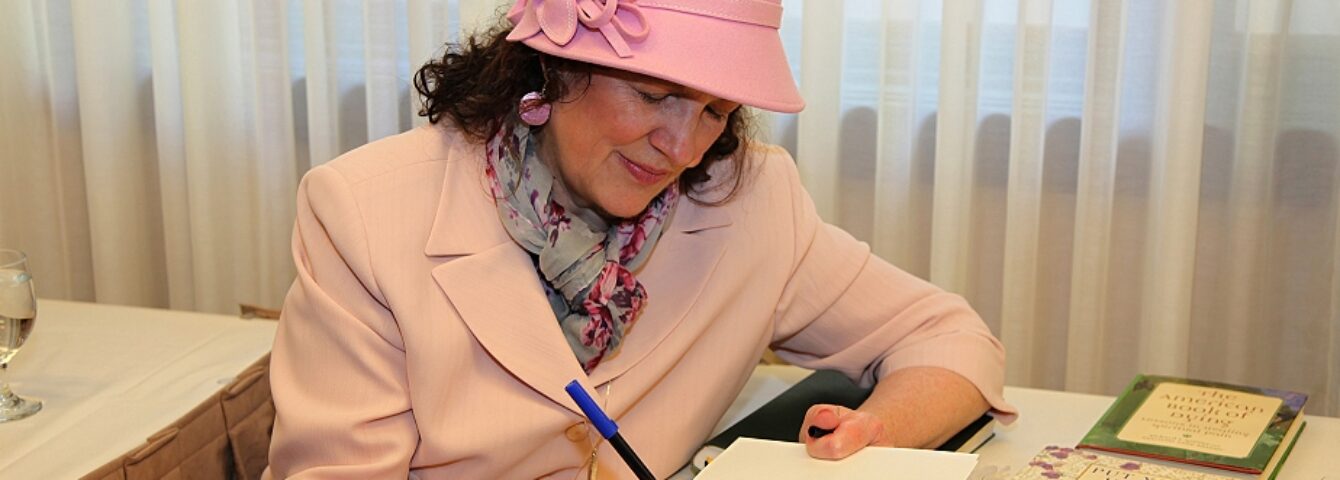Passing on the Torch shows you how to give your children an inimitable gift: a tangible, written legacy of what you believe in to pass on to them.
Sometimes called an ethical will, this values statement leaves behind for progeny what you believed in–what was important to you. It is a place to share your hopes, your advice, your opinions, your philosophies, and even your favorite recipes.
Passing on the Torch: The Presentation gives you an opportunity to reflect on the people and events that have made a difference in your own life, the rituals and religious observances that have meaning to you, the teachings and ideals that you hope your children will embrace.
Passing on the Torch guides you in writing your own ethical will, leading you step-by-step through six key areas of examination:
- Organize what you want to say
- Add anecdotes, favorite sayings, special words
- Describe people and events that had impact
- Consider religious observations or rituals that have meaning
- Share your ideals, suggestions, your philosophy
- Convey your ethical will to those you love
Hearing what others have included will trigger ideas in you of what you want to include–everything from exercise tips and “take care of your teeth” to moral injunctions: “let your word be your bond.” Writing an ethical will is a growth experience and you can do it at any age.
People take an inventory of their house for insurance purposes. An ethical will is an inventory of your life.


